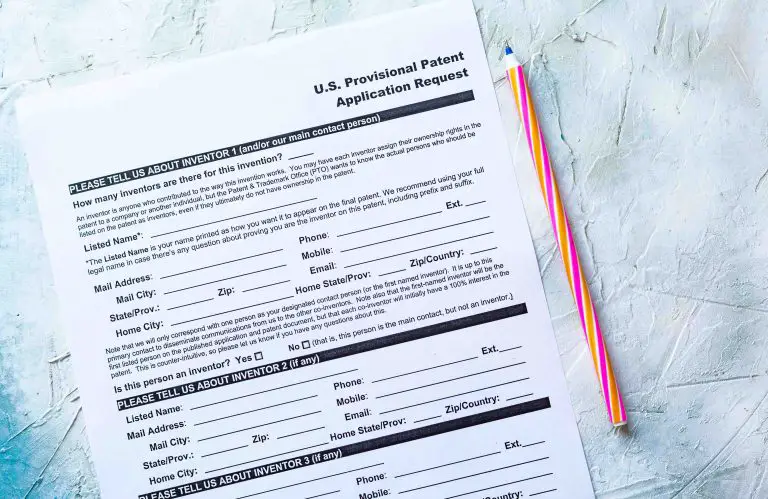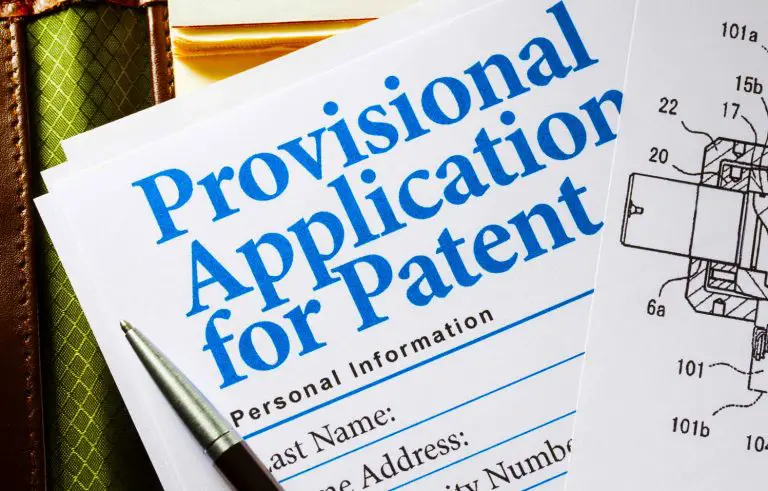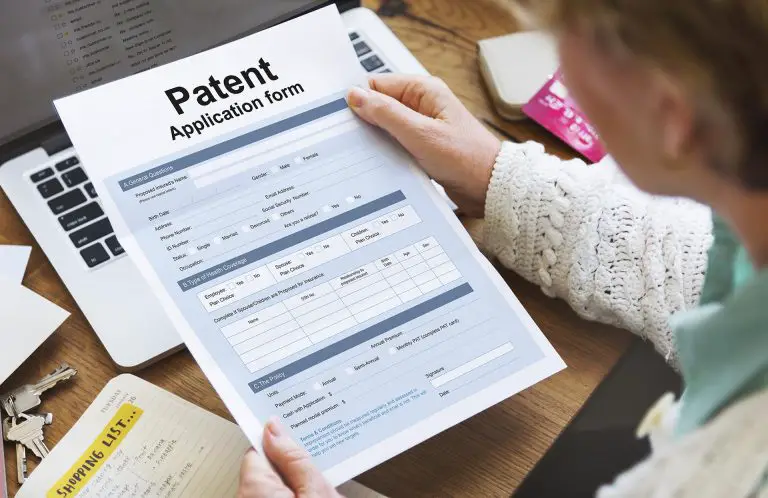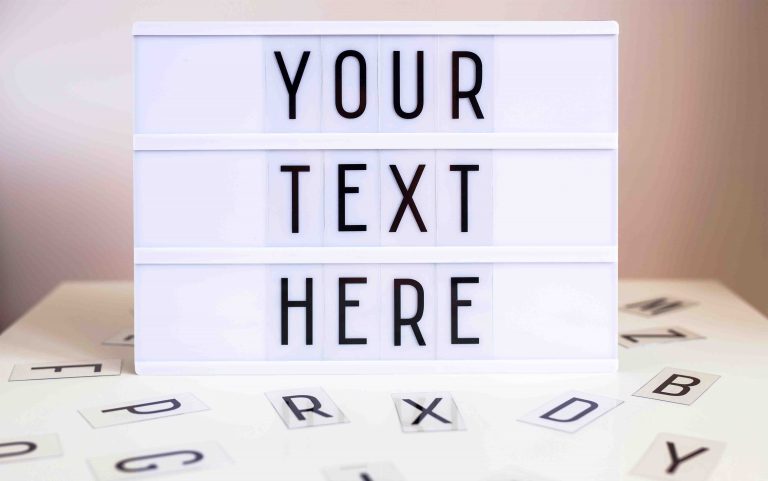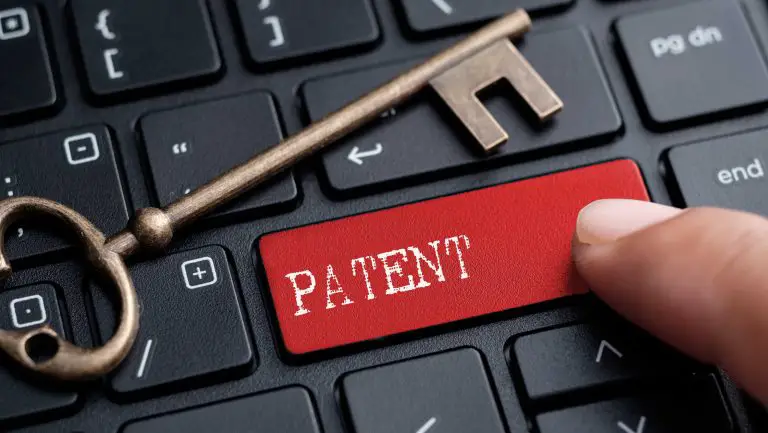Can You Sell a Patent?
If you’ve spent the time and money developing and patenting an invention, you might be wondering how to profit from it. Inventors often have a hard time marketing the product or invention they’ve patented, so they explore the options of what they can do with their patent.
Patents grant inventors the right to stop others from using, making, and selling the patented invention for a limited period of time. In the case of utility patents, these rights last for 20 years and for design patents, they last for 15 years. So, can you sell your patent? We will answer this question below.
Can You Sell a Patent?
Yes, an inventor can sell a patent and transfer ownership to a party by executing an assignment agreement that transfers his rights to the patent to another party. Once a person sells his patent and assigns his rights to a party, he loses any rights and interests in the patent. Once a patent is sold and assigned, the inventor will no longer be able to stop others from making and selling the patented invention.
Inventors often sell their patent because they want to profit from the work and money they spent developing and making the invention they’ve patented. Instead of selling a patent, some inventors opt to license the patent to others.
By licensing the patent, an inventor allows a party to use and make the invention in exchange for an agreed-upon fee. The terms of a licensing agreement set the scope of what the licensee can do with the patented invention.
Inventors should consider licensing their patent instead of selling it because if an inventor licenses his patent to others instead of selling it, he retains his rights in the patent invention while allowing others to merely use and make the invention. So, if you have a patent that you want to sell, ask your attorney about the option of licensing it instead of outright selling it. This is so because once a patent is sold and assigned, the inventor retains no rights to the patent. The assignee becomes the holder of patent rights.
Benefits and Drawbacks of Selling a Patent
The main benefit of selling a patent is the cash influx that such a sale might bring in for the person or company owning the patent. The amount a patent sells for depends on the value of the invention, as well as how broadly the patent protects the invention.
The person or business selling the patent may be doing it to take the profits from the sale and investing it in other parts of their business. While selling a patent puts cash in the pocket of the inventor, the drawback of selling a patent is that the assignor (holder of a patent transferring his rights away) loses any rights over the patented invention.
The second benefit of selling a patent is that the inventor does not have to spend the time and money marketing the patented product or invention. Selling a patent allows inventors to quickly recoup the costs associated with making the invention and patenting it. Depending on the value of the patent, the seller of a patent might even make a nice profit from the sale.
That said, some inventors regret selling their inventions, especially in situations where the invention becomes super popular, generating millions of dollars in profits. In such a situation, the inventor has no recourse because assignments are permanent cannot be undone without the assignee (purchaser or person who got the patent rights) agreeing to rescind (undo) the assignment and transfer the rights back to the assignor. An assignee who’s making a ton of profit is unlikely going to give back a patent.
So, if you’re thinking about selling your patent, take a step back and ask yourself whether your patent solves a problem that no one else has been able to solve? If it does ask for a price that’s fair to you or consider licensing it instead of outright selling it. More on this below.
Consider Licensing Your Patent Instead of Selling It
If you have a truly innovative product that does something that no other product dos, consider licensing it instead of selling it. This is because licensing will allow you to profit from your invention without having to give up your rights under the patent.
Licensing agreements spell out the terms and scope of rights that the licensee will enjoy under the agreement. Such terms usually include what part of the invention can be used, the geographical location in which the licensee can use and make the invention, as well as an agreed-upon fee for the right to make, use, or sell the invention.
That said, the return on a licensing agreement depends on the success of your invention. If the licensee is able to market and sell the patented invention, you will earn money, usually based on a percentage basis.
For example, if you agreed upon a 15% royalty on every product sold and the licensee sells 1000 units at $1000 each, you will get 15% of $1,000,000, making your share $150,000. That said, this assumes that the product was successful. In the event that the product is not successful, the licensor makes nothing.
How Much Can You Sell Your Patent For?
How much you can sell your patent depends on if there is a market for your invention and whether your patented invention solves a problem that no other invention solves. For example, pharmaceutical companies that patent medications often rake in huge amounts of profit because the medicines that they invented treat diseases that no other medication treats. So, if you have an invention that solves a problem that no other invention does, you should expect to make a decent profit from selling your invention.
The value of your patent also depends on how broad and powerful your patent is. Not all patents are created equal. A patent that protects the broad applications of a patent is more valuable than a patent that’s narrowly drafted. The more protection your patent has over your invention, the more valuable it becomes to potential buyers.
Drafting A Sales Agreement and Patent Assignment Agreement
If you don’t have experience drafting sales agreement and patent assignment agreements, you should hire an attorney to prepare both agreements for you. You should also make it clear to your attorney what percentage of ownership of your patent you want to transfer ownership for. Attorneys can draft assignment agreements that transfer 100% of your rights to the patent while others can specify a certain percentage, such as 50%. Talk about this with your attorney and don’t be afraid to ask questions about the consequences of executing an assignment agreement. The assignment agreement has to comply with some patent law requirements, so having an attorney prepare your assignment agreement is of utmost importance.
That said, once the parties execute the assignment agreement, it has to be filed with the USPTO to reflect the assignment of interest in the patent. Assignments can be registered online using the EPAS (Electronic Patent Assignment System). The patent office currently charges $35 for assignments, so the fee is quite small when compared to other fees that the patent office charges.
Selling a Patent
By now, you should know that you can sell your patent, however before you rush to sell it, consider the option of licensing it. Consult with your attorney and ask them what route you should take. Every situation is different, so there isn’t a once size fits all solution. If you have a patent on an invention that is unique and has the potential for success, your attorney might recommend that you license it. If you have an invention that’s unique but doesn’t quite have a market, your attorney may recommend that you sell it to recoup your expenses for developing it and patenting it. Each situation is different and only your attorney can evaluate your situation.
If you choose to sell your patent, your attorney may be able to help you evaluate the appropriate price for such a sale. Hiring an experienced patent attorney is your best option to get the right price for selling your patent. If you have any general questions or comments, please feel free to leave them in the comments section below.


